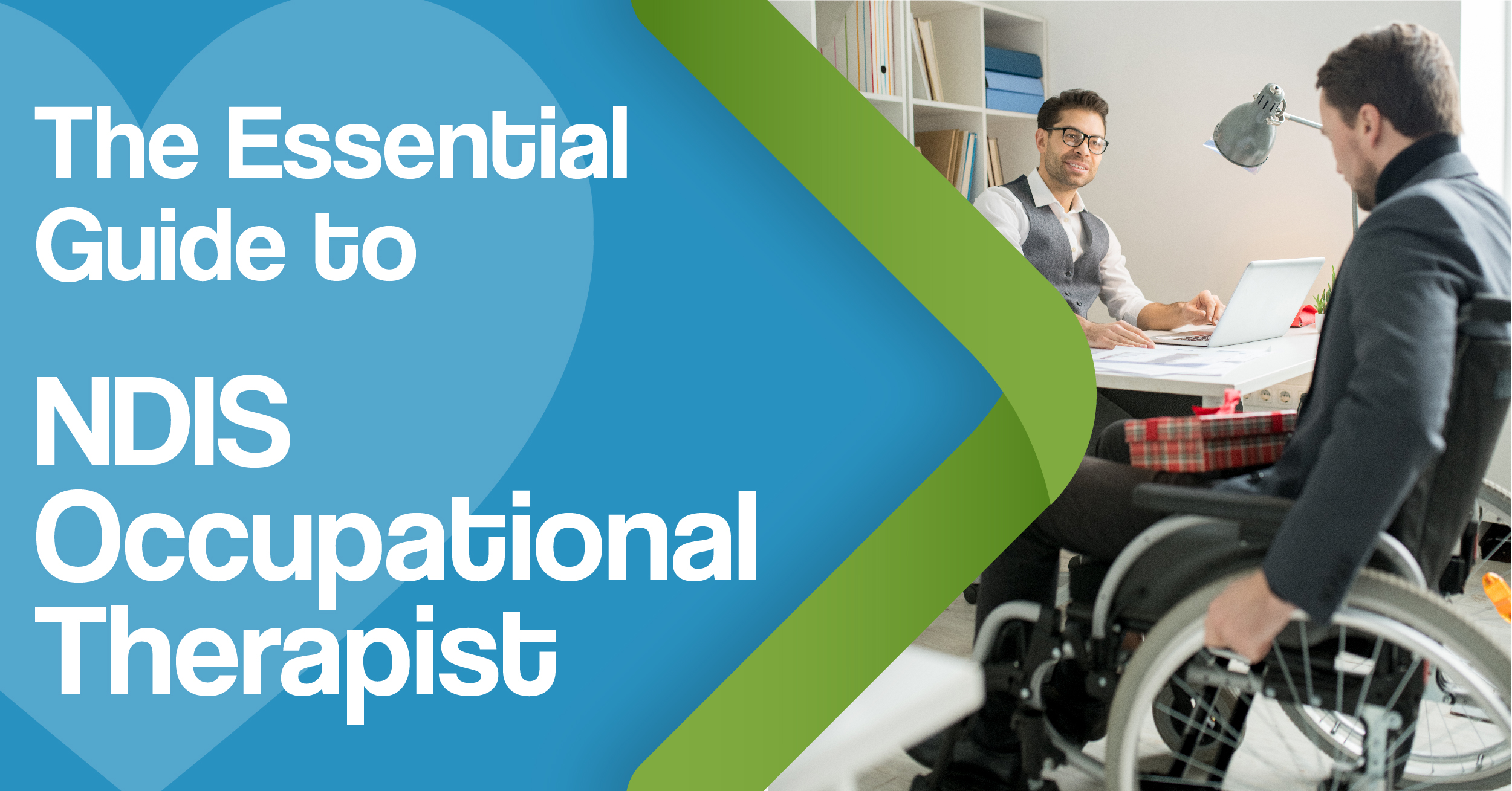The Essential Guide to NDIS Occupational Therapists: Enhancing Lives Through Personalized Support
Navigating life with a disability can be challenging, but the right support can make all the difference. The National Disability Insurance Scheme (NDIS) in Australia offers comprehensive support to individuals with disabilities, and a crucial part of this support comes from NDIS Occupational Therapists.
These professionals play a vital role in helping people achieve their goals, improve their independence, and enhance their quality of life.
In this article, we’ll explore the role of an NDIS Occupational Therapist, the services they provide, and how to find an NDIS Occupational Therapist in Melbourne or near you.
The Role of an NDIS Occupational Therapist
1. What is an NDIS Occupational Therapist?
An NDIS Occupational Therapist is a healthcare professional who works under the National Disability Insurance Scheme to provide specialized support to individuals with disabilities. Their primary goal is to help clients achieve greater independence and improve their ability to perform daily activities. This support can range from helping with mobility and personal care to recommending assistive technologies and home modifications.
2. Key Responsibilities
NDIS Occupational Therapists have a wide range of responsibilities, including:
- Assessing clients’ needs and developing personalized care plans.
- Providing therapy to improve physical, cognitive, and emotional well-being.
- Recommending and training clients in the use of assistive devices.
- Collaborating with other healthcare professionals to ensure comprehensive care.
- Supporting clients in adapting their home and work environments for better accessibility and safety.
3. Specialized Areas
NDIS Occupational Therapists may specialize in various areas, such as pediatric care, mental health, or aged care. This specialization allows them to offer more targeted and effective support tailored to the specific needs of their clients.
Benefits of Working with an NDIS Occupational Therapist
1. Enhanced Independence: One of the primary benefits of working with an NDIS Occupational Therapist is the enhancement of personal independence. Through targeted therapy and training, clients can learn to perform daily tasks more effectively and with greater confidence.
2. Improved Quality of Life: NDIS Occupational Therapists work closely with clients to identify their goals and create a plan to achieve them. This personalized approach helps improve the overall quality of life by focusing on what matters most to the individual.
3. Support for Families and Caregivers: In addition to supporting individuals with disabilities, NDIS Occupational Therapists also provide valuable assistance to families and caregivers. They offer guidance and training to help caregivers better support their loved ones and manage the demands of caregiving.
4. Access to Assistive Technologies: NDIS Occupational Therapists can recommend and facilitate access to a wide range of assistive technologies, from simple aids like grab rails and shower chairs to more advanced devices like communication aids and mobility scooters. These technologies can significantly enhance a person’s ability to live independently.
Finding an NDIS Occupational Therapist in Melbourne or Near You
1. Using NDIS Resources: The NDIS website and local NDIS offices are excellent starting points for finding an NDIS Occupational Therapist. They provide directories of registered service providers and information on available support services in your area.
2. Online Searches: A simple online search for “NDIS Occupational Therapist Melbourne” or “NDIS Occupational Therapist near me” can yield a list of professionals and organizations offering these services. Be sure to check their credentials and read reviews to ensure you find a reputable therapist.
3. Recommendations from Healthcare Providers: Your general practitioner, disability support worker, or other healthcare professionals can also provide recommendations for NDIS Occupational Therapists. They often have a network of trusted colleagues and can refer you to a therapist who meets your specific needs.
4. Disability Support Organizations: Organizations that offer disability care services and home disability support services can also be valuable resources. They often work closely with NDIS Occupational Therapists and can help you connect with the right professional for your needs.
Conclusion
NDIS Occupational Therapists play a crucial role in supporting individuals with disabilities to lead more independent and fulfilling lives. Their expertise and personalized approach help clients overcome daily challenges, achieve their goals, and improve their overall well-being.
Whether you are looking for an NDIS Occupational Therapist in Melbourne or near you, there are numerous resources available to help you find the right professional for your needs. By working with an NDIS Occupational Therapist, you can access the support and services necessary to enhance your quality of life and achieve greater independence.
FAQs
1. What does an NDIS Occupational Therapist do?
An NDIS Occupational Therapist helps individuals with disabilities improve their ability to perform daily activities, enhances their independence, and provides support through personalized care plans and therapy.
2. How can I find an NDIS Occupational Therapist in Melbourne?
You can find an NDIS Occupational Therapist in Melbourne through the NDIS website, online searches, recommendations from healthcare providers, and disability support organizations.
3. What are the benefits of working with an NDIS Occupational Therapist?
Benefits include enhanced independence, improved quality of life, support for families and caregivers, and access to assistive technologies.
4. Can an NDIS Occupational Therapist help with home modifications?
Yes, NDIS Occupational Therapists can recommend and assist with home modifications to improve accessibility and safety for individuals with disabilities.
5. How do I know if an NDIS Occupational Therapist is qualified?
Ensure the therapist is registered with the NDIS and check their credentials, experience, and reviews from other clients.

